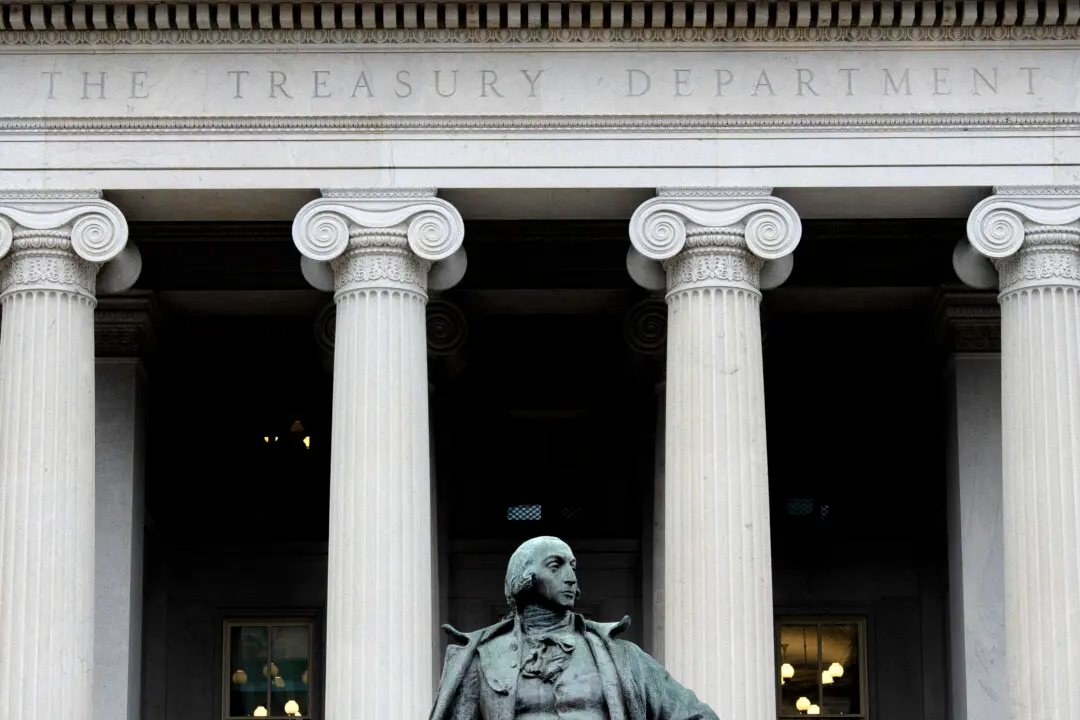The Department of Government Efficiency (DOGE) can continue its de facto audit of certain executive agencies, according to a ruling Friday in the District of Columbia.
U.S. District Judge John Bates in Washington on Feb. 14 declined a request by unions and nonprofits for a temporary restraining order (TRO) to prevent the DOGE team from gaining access to records at the Department of Labor, the Department of Health and Human Services, as well as the Consumer Financial Protection Bureau.





